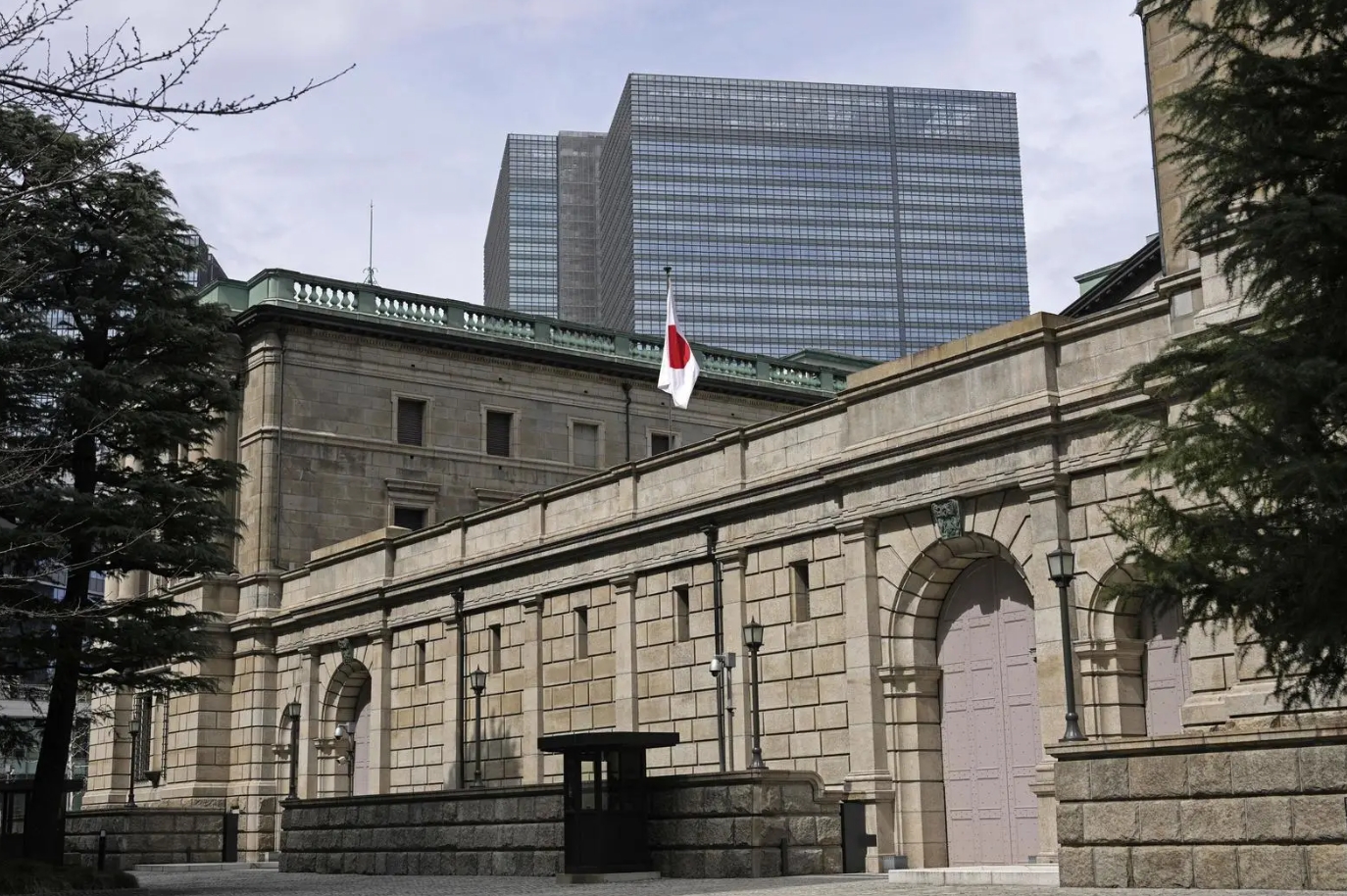The Bank of Japan will hold three meetings to hear opinions on reducing the scale of bond purchases
In the coming days, the Bank of Japan will have face-to-face talks with market participants at key meetings, aiming to evaluate the realistic pace of reducing bond purchases, which will be announced later this month.

The financial markets department of the Bank of Japan will hold three meetings, with representatives from banks, securities firms, and institutions that purchase bonds for financial institutions. Each meeting will last for one hour, and the last meeting will be held on Wednesday.
Any numbers raised during the hearing will be closely monitored, but they are unlikely to come from the central bank. According to insiders, Bank of Japan officials are more interested in listening to market views rather than discussing specific options to reduce bond purchases.
Market participants may also be unwilling to share candid opinions with the Bank of Japan in front of competitors.
However, by holding these meetings, the central bank can be said to have given market participants an opportunity to evaluate how quickly the central bank can reduce its presence in the bond market before announcing its plan on July 31st.
Naomi Muguruma, Chief Fixed Income Strategist at Mitsubishi UFJ Morgan Stanley Securities, said, "The Bank of Japan may already have some plans, and it wants to show a cautious stance by holding meetings."
For a long time, the Bank of Japan has been regarded as a whale in the pond of Japanese treasury bond bonds, because it has driven other buyers out of the water in the aggressive quantitative easing program that has lasted for more than 10 years. During this period, the Bank of Japan purchased more than half of Japan's outstanding government bonds, and its quantitative tightening measures may have a significant impact on the market.
The board of directors of Bank of Japan Governor Ishida and Naoto decided to slow down the pace of bond purchases at last month's policy meeting. He stated that he hopes to develop a plan with caution, and it is worth listening to the opinions of market participants before it is finally finalized.
Yuuki Fukumoto, Senior Financial Researcher at NLI Research Institute, said, "These two days will be crucial." "For the Bank of Japan, the key is to listen to and collect information on how much more bonds can be purchased to alleviate its concerns."
According to a Bloomberg survey conducted at the end of last month, Bank of Japan observers predicted that the central bank will begin reducing its monthly purchases from 6 trillion yen to approximately 5 trillion yen (31 billion US dollars). They expect to slow down to 3 trillion yen within two years.
At the post conference press conference on June 14th, Uchida stated that the scale of the reduction would be "quite significant", but refused to provide further details. Takahide Kiuchi, a former board member of the Bank of Japan, said that Takeda's remarks suggest that the magnitude of the cuts will be greater than expected.
Kiuchi said, "Before he made this statement, Uchida must have realized that the figure of 5 trillion yen had been circulating for some time. So, it could even be as low as 3 trillion yen."
Some analysts believe that if the reduction is greater than market consensus, it may help alleviate yen pressure by concretizing the Bank of Japan's aggressive stance on quantitative tightening. The Japanese yen fell to a 38 year low this month, intensifying the view that the Bank of Japan will want to avoid any further dovish signals.
Although some economists surveyed predict that the Bank of Japan's purchasing plan will eventually drop to zero, former Bank of Japan executive director Atsushi Miyanoya said that such a situation is "absolutely impossible" to occur. Before launching a large-scale monetary easing program in 2013, the Bank of Japan had already purchased nearly 2 trillion yen of bonds per month to stabilize the market.
The Bank of Japan ended its large-scale easing policy in March, but decided to continue purchasing approximately the same amount of bonds to avoid causing a shock wave in the financial market.
The Bank of Japan holds 585 trillion yen of bonds, surpassing the size of the world's fourth largest economy, which is also a key reason why bond investors must remain highly vigilant about the Bank of Japan's next steps.
Tips:This page came from Internet, which is not standing for FXCUE opinions of this website.
Statement:Contact us if the content violates the law or your rights
